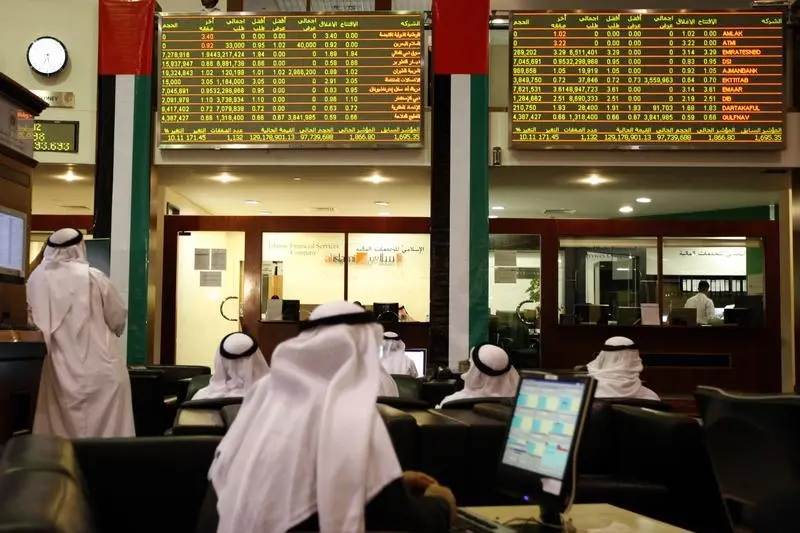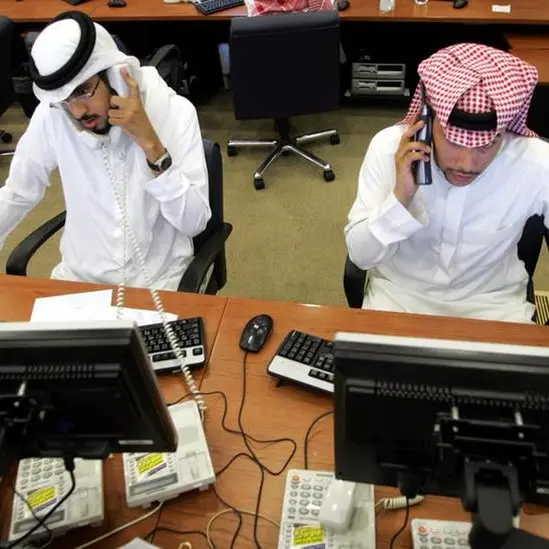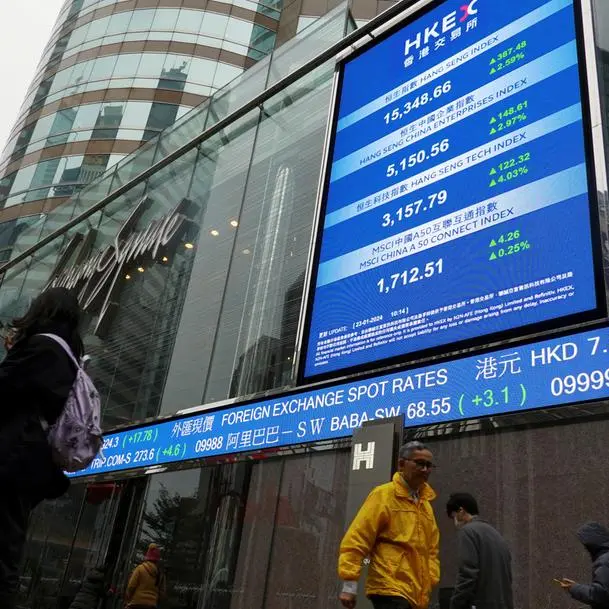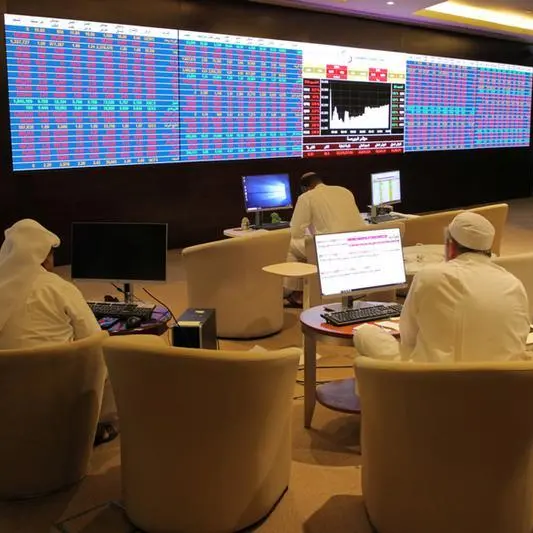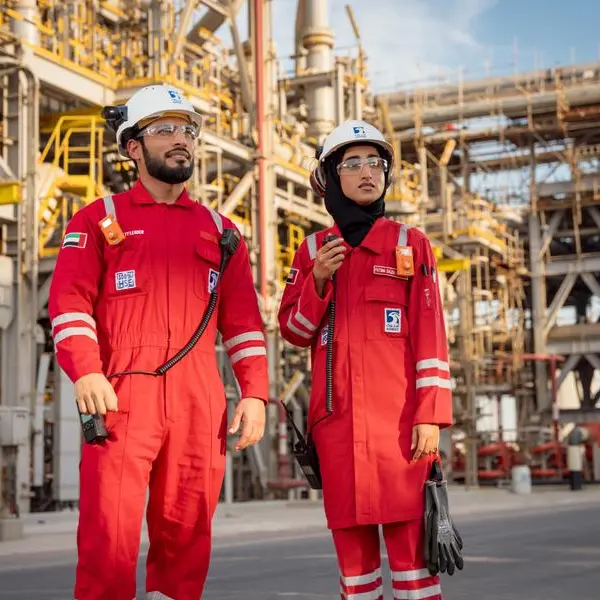PHOTO
UAE stock markets, ADX and DFM, tumbled following a selloff in Asian markets caused by the impact of US President Donald Trump’s trade tariffs, amidst a looming US-China trade war and talks of a possible global recession.
UAE markets opened lower on Monday, with the DFM posting a 5.95% decline, followed by the ADX, which slipped by 4.24%.
The decline witnessed in UAE markets was expected by many, following Sunday’s losses recorded on the Saudi Tadawul, when the general index fell nearly 7%, with more than half a trillion riyals wiped out in market value in wake of the Trump tariffs.
Monday morning trade saw Takaful Emarat stock plunge 10%, becoming the first company listed on the DFM to hit the daily cap set on the downward movement of listed securities. By noon, Emaar Development shares had also plunged 9.95%, in line with the real estate sector emerging as the biggest losers on the DFM, slipping by 9.4%.
The ADX also saw daily market caps hit by multiple stocks, including the Abu Dhabi Ship Building Co. and Foodco National Foodstuff.
Adnoc Gas, a unit of the Abu Dhabi state-backed oil giant Adnoc, reached lows of 9.97% at noon, with several more closing in on the 10% mark.
Saudi Aramco shares accounted for the largest portion of the losses, with its market value fell by more than 340 billion Saudi riyals ($90.6 billion).
Arun Leslie John, Chief Market Analyst at Century Financial, said investor confidence has been “shaken” by Trump’s tariff announcements, which was evident from the market performance of GCC bourses on Sunday.
Saudi Arabia’s benchmark Tadawul All Share Index recorded a sharp decline of 6.78%, shedding 805.46 points to close at 11,077.19 — marking its largest single-day drop since the COVID-19 pandemic in 2020. Total trading turnover stood at SAR 8.43 billion ($2.24 billion), with market breadth overwhelmingly negative. Only one constituent of the index advanced, while 252 declined. Qatar’s benchmark QE index also plunged by 4.23%.
Market sentiment
Century Finacial's Leslie John said most of this fear is dictated by Trump’s hefty import tariffs and its potential to trigger an economic downturn.
“It has less to do with the fundamentals of GCC companies or the GCC economy – both of which are on a solid footing. However, tariffs are expected to have an indirect impact on the GCC economy, particularly if global demand weakens and stagflation takes hold,” he explained.
The GCC bourses have seen an increase in investor participation since 2022 – propelled by the booming IPO market, surge in foreign investments, as well as increased participation from new investors. “Some of these market participants, who have witnessed the strong performance of the GCC markets over the last few years, are experiencing such a sell-off for the first time and are, therefore, fearful,” he added.
Hamza Dweik, Head of Trading and Pricing, Saxo Bank MENA also warned of market volatility in the coming months.
“Given the current market turmoil, investors should indeed be cautious. The uncertainty surrounding the tariffs and their potential impact on global trade could lead to continued market volatility over the next 2-3 months,” Dweik said.
“The recent increase in inflation in the GCC, driven by factors such as food and transport price, adds to the complexity. Fluctuations in the dollar’s value due to trade tensions could impact the cost of imported goods, potentially leading to higher consumer prices and inflation,” he said.
According to experts, tariff fears have triggered Gulf share sell-offs, with most affecting leading banks and real estate stocks.
“Lower share prices deplete banks’ capital buffers and investor morale, making it harder for them to stay healthy financially,” John said, adding, “Prolonged Fed tightening would slow corporate lending, further draining the banking system.
(Reporting by Bindu Rai, editing by Seban Scaria)
